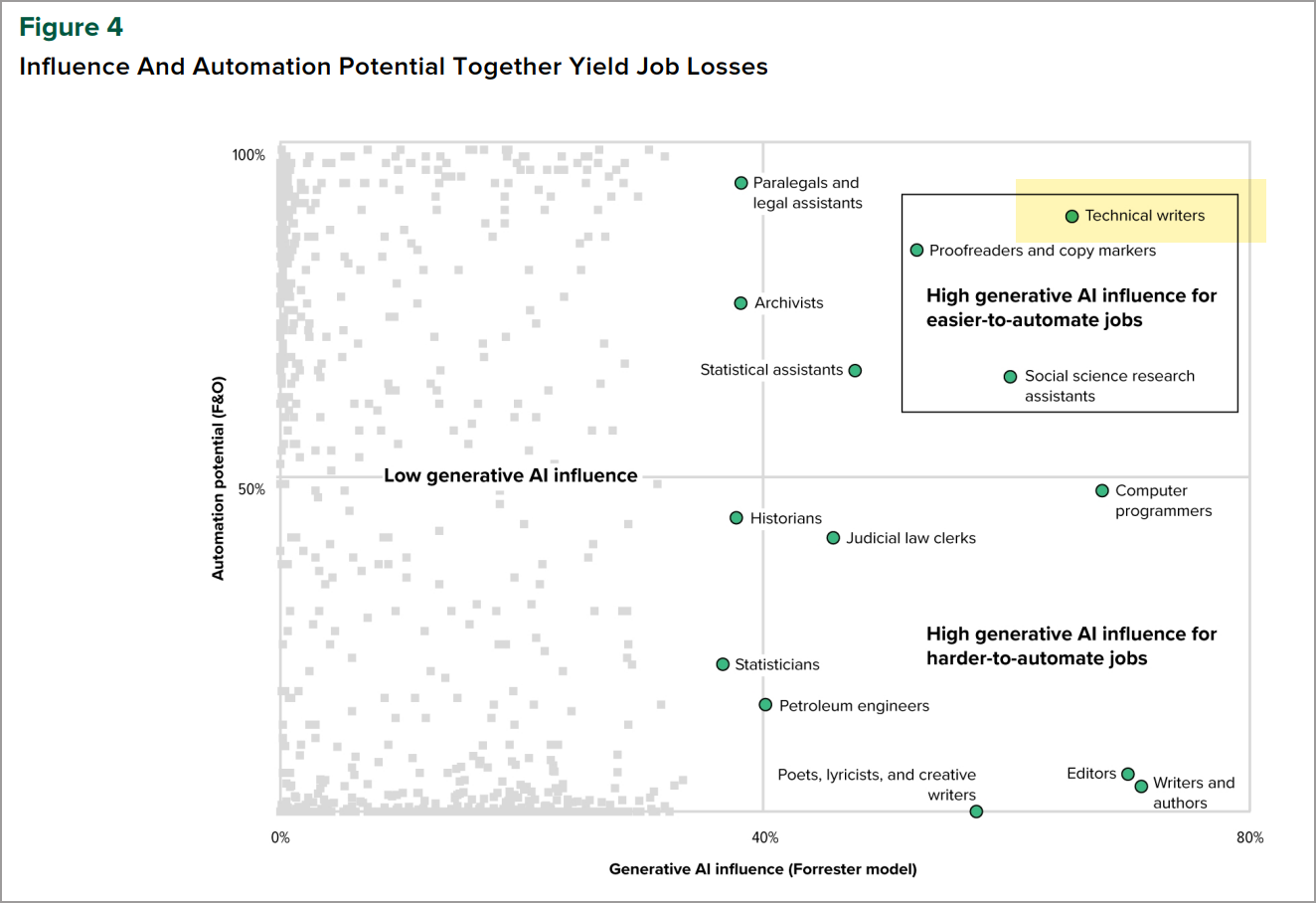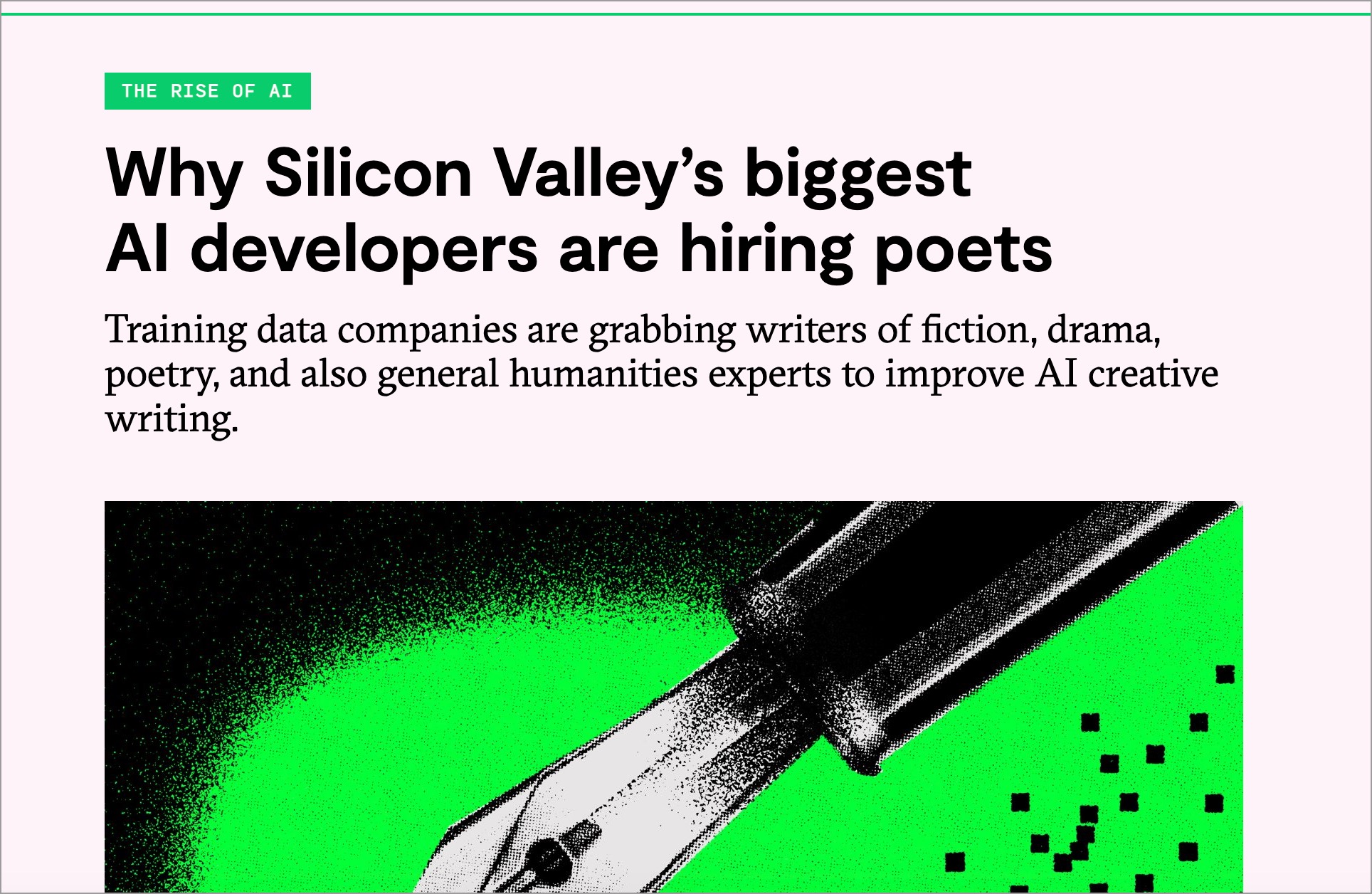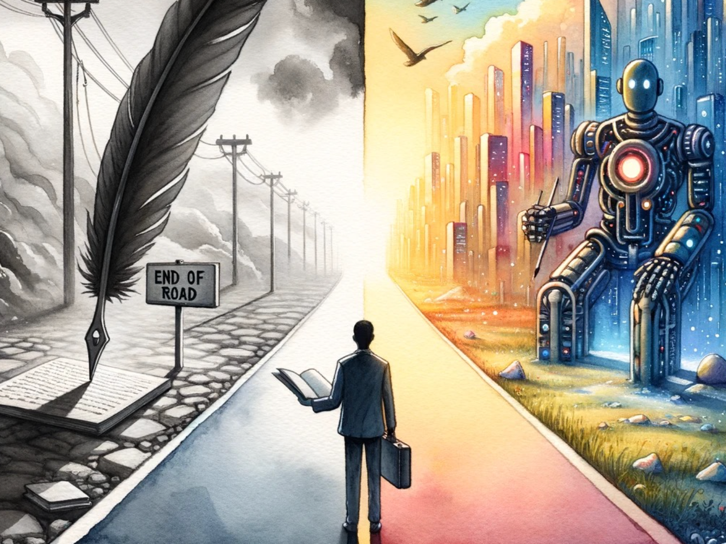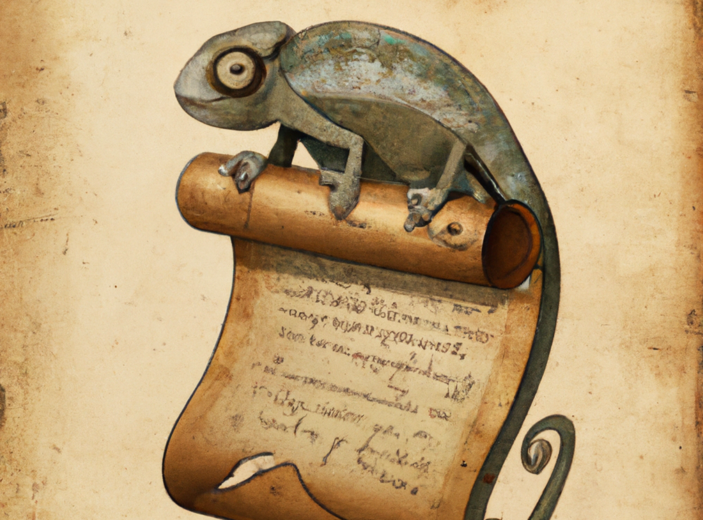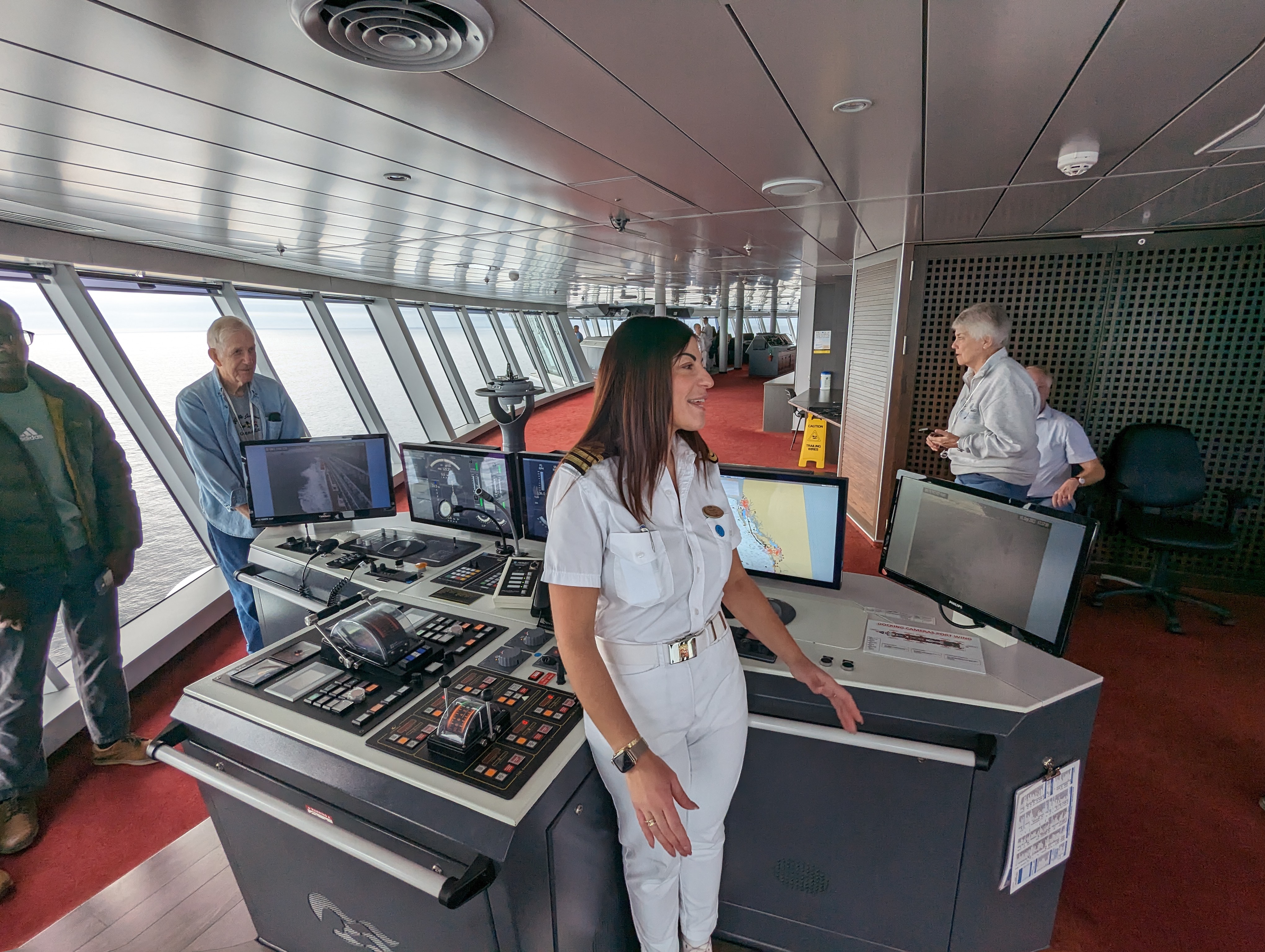The Movemate board fits into the genre of work-focused standing boards designed to reduce fatigue while standing at a computer. This Movemate review is a bit different from the normal tech comm content on my blog, but I believe it's just as relevant. If you're sitting right now, does your back hurt a bit? Do your legs feel like they've been shut off and are atrophying? Are you tired of sitting all day every day in front of a screen? It doesn't have to be like that.
You can use AI tools like Claude to help you write full-length content. By going paragraph-by-paragraph, you can direct the AI while seemingly maintaining your own voice and ideas. However, despite my attempts to use AI with writing, I've found that it's harder to pull off than I thought. I can get close, but due to the way AI tools are trained, they inevitably steer into explanation more than argument. This can remove much of the interest from a personal essay.
In this podcast, I chat with Fabrizio Ferri Benedetti, a tech writer in Barcelona who blogs at passo.uno and works for Splunk, about various AI news topics. We talk about the Forrester AI jobs impact forecast, the community element in documentation, the way the profession is changing with AI, content design roles with LLMs, how complex processes and interactions can't be automated, whether the word 'content' is problematic, and more.
The Diátaxis approach to documentation organizes technical documentation into four types — tutorials, how-tos, reference, and explanation. In this post, I compare Diátaxis to DITA, Information Mapping, and the Good Docs Project, explaining similarities and differences. I also point out why identifying information patterns can be so worthwhile as a technical writer, and how identifying these patterns not only grounds our practice in the larger practice of rhetoric but also gives us useful patterns to use with AI tools.
In conversations about AI, a lot of tech writers are asking what kind of scenarios is AI good for? What works, what doesn’t? In which scenarios? You may have read my responses to these questions before in previous posts, but this time I recorded a podcast with slides. In the podcast, I try to pull together these ideas into more of a narrative shape and flow. This podcast focuses on clarifying those scenarios where AI excels and where it doesn’t, particularly for technical writers creating documentation. I also argue for the inevitability of AI integration through an argument referred to as the 'obsolescence regime.'
The following are links from around the web for October 10, 2023. Forrester predicts a major AI impact on U.S. jobs in 2023. A CEO faces backlash for replacing and criticizing human staff with ChatGPT. Zeb Larson assures coders that ChatGPT isn't a job threat, while Rex Woodbury explores the rise of hyper-personalization. Finally, sales execs welcome AI's role in their industry.
I experimented with using AI tools to help with planning and prioritizing my documentation work. However, I found that the AI tools weren't very helpful for this complex, analytical task. This suggests that content strategy roles, which require higher-level thinking like strategic analysis and decision-making, could be a promising area for technical writers to specialize in as AI starts automating more routine writing.
The following are summaries of interesting articles from around the web, as well as my commentary. Daniel Beck debunks myths surrounding open-source documentation portfolios. Silicon Valley's top AI firms are intriguingly recruiting poets. Jason Bailey supports Emma Thompson's stance on the term 'content' being disrespectful. The potential of A.I. is examined beyond the hype, emphasizing its aid for human writers and editors. Ivan Walsh provides insights on optimizing ChatGPT prompts for technical summaries, while Ellis Pratt discusses how AI agents can be a time-saver for technical writers.
If AI transforms the tech writing field, as many think it will, we'll face a choice of either resisting change and skirting with obsolescence, or reinventing our professional identity. Reinventing one's identity, particularly letting go of the sense of being a writer first and foremost, is psychologically difficult. We need to dedicate time to redefining our role through high-risk, high-reward experiments. But what the experiments should be, exactly, remains unclear.
The following are summaries of interesting articles from around the web, as well as my commentary. Seth Godin shares his insights on the failure of manuals. The MDN team offers a postmortem reflection on 'AI Explain.' Zohra Mutabanna's podcast features Caity Cronkhite discussing the AI-driven future of technical writing. Fabrizio Ferri Benedetti draws intriguing parallels between documentation types and animals in 'Bestiary.'
I added a new article in my API course called 'AI and APIs: What works, what doesn't'. In conversations about AI, a lot of people ask the same questions: What kind of scenarios is AI good for? What works, what doesn't? In which scenarios? This article focuses on clarifying those scenarios where AI excels and where it doesn't, particularly for technical writers creating documentation. I also argue for the inevitability of AI integration through an argument referred to as the 'obsolescence regime.'
In this post, I compare ChatGPT and Claude on an Alaskan cruise. Claude seems better at handling long content, and ChatGPT shorter content. Using both chatbots, I asked many questions to learn about my cruise surroundings. The chatbots expanded my curiosity and made me more attentive to my environment by encouraging endless questions.
A few weeks ago I mentioned Alphadoc, a new tool for publishing API documentation. The following is a Q&A with Daan Stolk, cofounder/CPO of Alphadoc. In the following questions, Daan tells the story behind Alphadoc and what makes it unique from other API documentation tools.
Providing summaries of content is one of the most useful and powerful capabilities of AI chatbots powered by large language models (LLMs), like ChatGPT, Bard, and Claude. As such, AI chatbots can significantly help tech writers in a variety of documentation-related tasks, such as generating summaries at the top of each document, generating product overviews that summarize features and capabilities, and helping tech writers process content more quickly from long articles, bugs, meetings, and other documents.
Here are a few links from around the web worth reading for September 5, 2023.

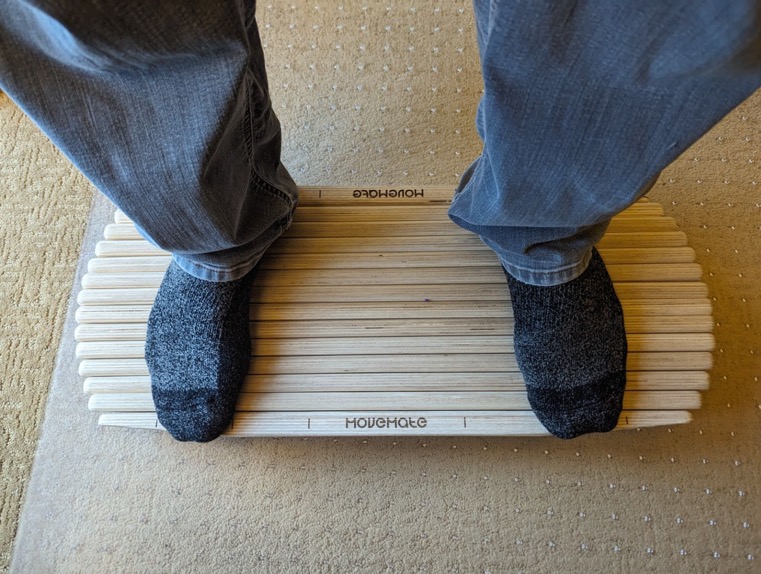

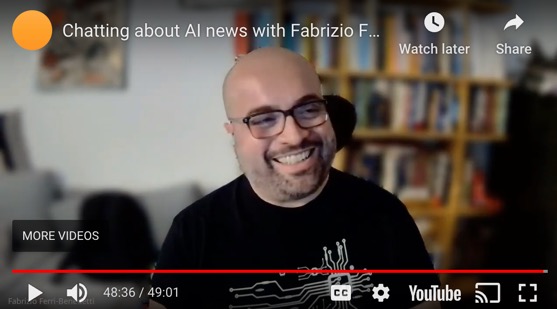
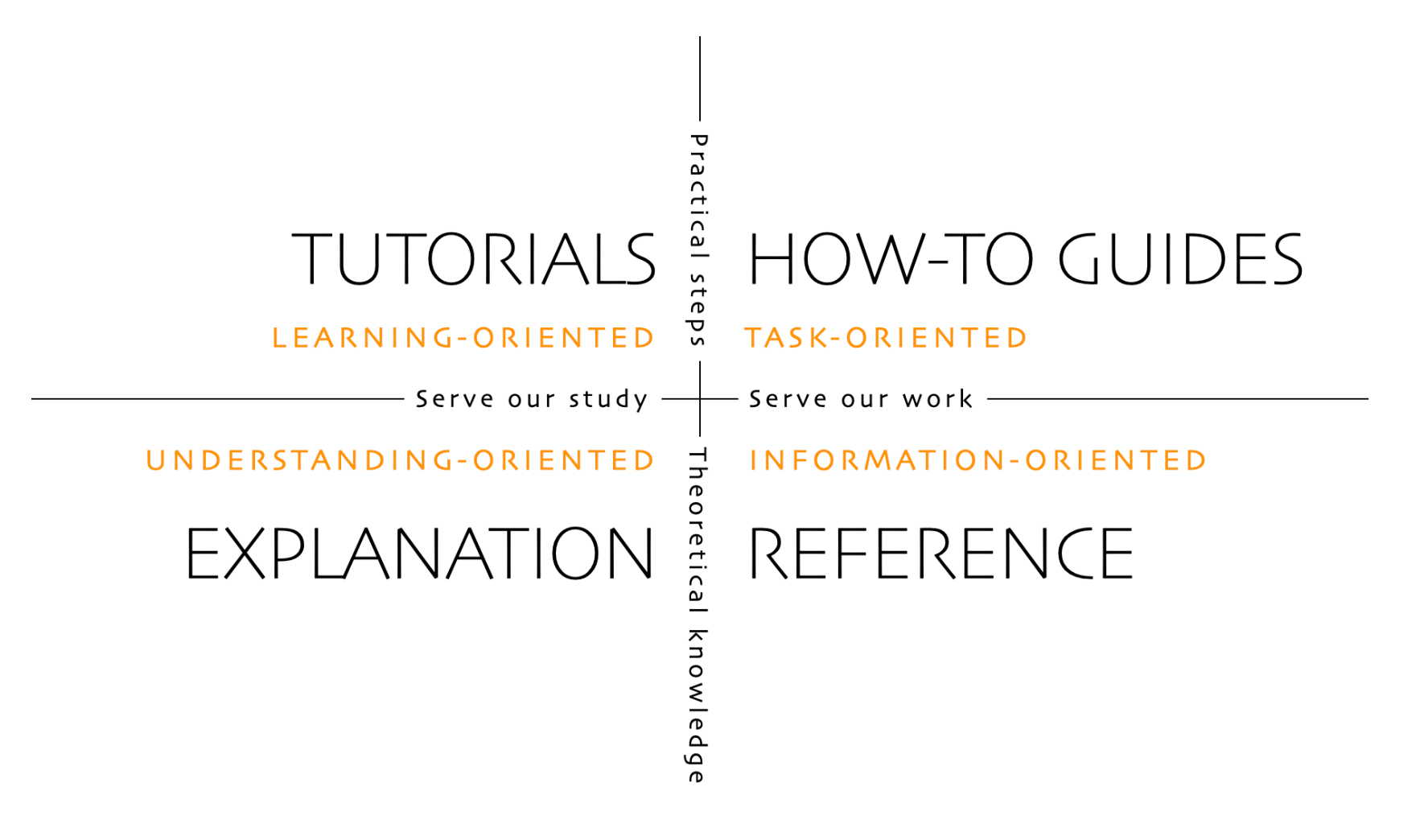
![[Podcast] AI and APIs: What works, what doesn't](https://s3.us-west-1.wasabisys.com/idbwmedia.com/images/aiandapispodcastthumb.jpg)
